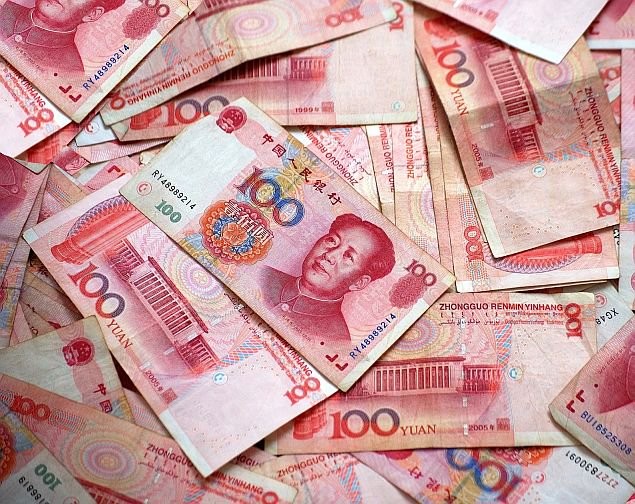After experiencing a major slowdown in 2015, China's economy is reportedly starting to bounce back, with this year's first-quarter figures showing positive growth.
The latest economic data revealed that the country's gross domestic product registered a rise of 6.7 percent in the first three months of 2016. Analysts said that the figure is well within the 6.5-percent to 7-percent target the government set for 2016, Bloomberg reported.
China's tertiary industry served as one of the biggest gainers in the first quarter, posting a 7.6-percent increase. Meanwhile, the country's industrial output rose by 5.8 percent coming from the 5.4-percent growth posted in the first two months of this year.
The nation's retail market also showed positive development, as sales growth increased to 10.5 percent, slightly higher than the expected value of 10.3 percent. Meanwhile, fixed asset investments rose to 10.7 percent.
Earlier, the International Monetary Fund also raised its outlook for the Chinese economy, predicting a 6.5-percent and 6.2-percent growth for 2016 and 2017, respectively.
However, economic analysts also cautioned that the current growth might not necessarily extend to the latter part of this year. Hong Kong-based Credit Issue Group AG analyst Dao Dong said that much of the growth can be largely attributed to government efforts to revitalize the economy. Dao also said that it is still unsure that the current momentum can be kept up.
The Chinese government has bolstered its efforts to prop up the economy, increasing its spending by 20.1 percent. However, the Ministry of Finance revealed that revenue only increased by 7.1 percent.
Meanwhile, JP Morgan Chase & Co. economist Zhu Haibin said that the strong credit growth being felt also results in debt increasing. Zhu added that the additional credit should be carefully used to support the current economy.
Critics also said that, despite the unemployment rate remaining low, there is still the problem of low wage growth, with many unemployed workers simply shifting to lower paying jobs, Reuters reported.



























